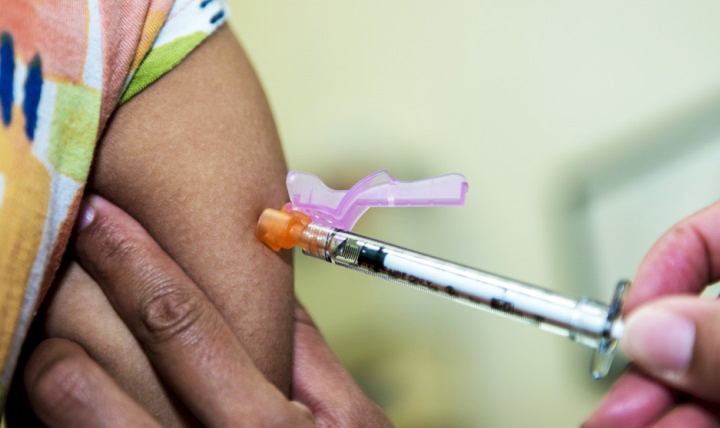HPV Vaccine: The Scarlet Letter of the Middle East
Cervical cancer vaccinations remain optional in areas of the Middle East, such as Dubai and other Northern Emirates, even though the vaccine could help prevent 90% of cervical cancer cases in the UAE. The vaccine for the Human Papilloma Virus (HPV) is the recommended prevention method for HPV-related cancers. Despite this, cultural and religious beliefs around sexual health are creating misconceptions and barriers to the acceptance of this vaccine.
Some studies suggest that cases of sexually transmitted infections in the Middle East and North Africa region are higher than reported. With HPV as one of the most common STIs, and cervical cancer as the second-leading type of cancer in areas such as the UAE, the prevalence of HPV in the MENA region presents a public health issue.

Despite the HPV vaccine being the recommended method for prevention, it remains controversial due to the relationship between HPV and sexual activity. Countries in the Middle East are conservative when it comes to the topic of sexual behaviours. The cultural and religious beliefs shape the way certain subject matters are viewed, such as sexual health.
Even though doctors are saying that parental fears are misplaced, their beliefs are contributing to the apprehension associated with the need for the HPV vaccines. Parental concerns include:
- Side effects
- Moral implications
- Effectiveness of vaccine
Many parents are questioning the need for vaccinating their daughters at the ages of 12 and 13, arguing that HPV is a sexually transmitted infection – so why should girls who will have no exposure get vaccinated? In some cases, women are not only deeming the HPV vaccine unnecessary, but also cervical screening. Women who are not experiencing any symptoms do not consider themselves at risk.
The HPV virus is common, easy to catch but it is also easy to protect yourself from some of the most dangerous strains. Getting vaccinated is quick and easy, and coupled with regular cervical screening is the best way to ensure the virus are not putting you at risk of cancer. Mike Asher, Co-Founder of Better2Know
Sources
[1] Gulf News: Cervical cancer vaccine remains optional in Dubai and northern emirates, official says
[2] Science Direct (Journal of Epidemiology and Global Health): The impact of teachings on sexuality in Islam on HPV vaccine acceptability in the Middle East and North Africa region
[3] Science Direct (Vaccine): Knowledge, attitudes, and practices among Saudi women regarding cervical cancer, human papillomavirus (HPV) and corresponding vaccine
Categories
- Abu Dhabi
- Bacterial Vaginosis
- Bahrain
- Blood Tests
- Cancer
- Cervical Cancer
- Chlamydia
- Dubai
- Fertility
- Gardnerella
- Genital Warts
- Gonorrhoea
- Hepatitis A
- Hepatitis B
- Hepatitis C
- Herpes
- HIV (AIDS)
- HIV Testing
- HPV
- Instant Testing
- Kuwait
- Locations
- Middle East
- Mycoplasma
- Oman
- PAP Smear
- Positive STI Results
- Qatar
- Saudi Arabia
- Sex Education
- Sexual Health
- Sexual Health News
- Sexually Transmitted Infections
- STD Symptoms
- STD Tests and Screens
- STI Results
- STI Treatment
- STIs
- Sustainability
- Swab Tests
- Syphilis
- Trichomoniasis
- Uncategorized
- United Arab Emirates
- Ureaplasma
- Urine Tests




